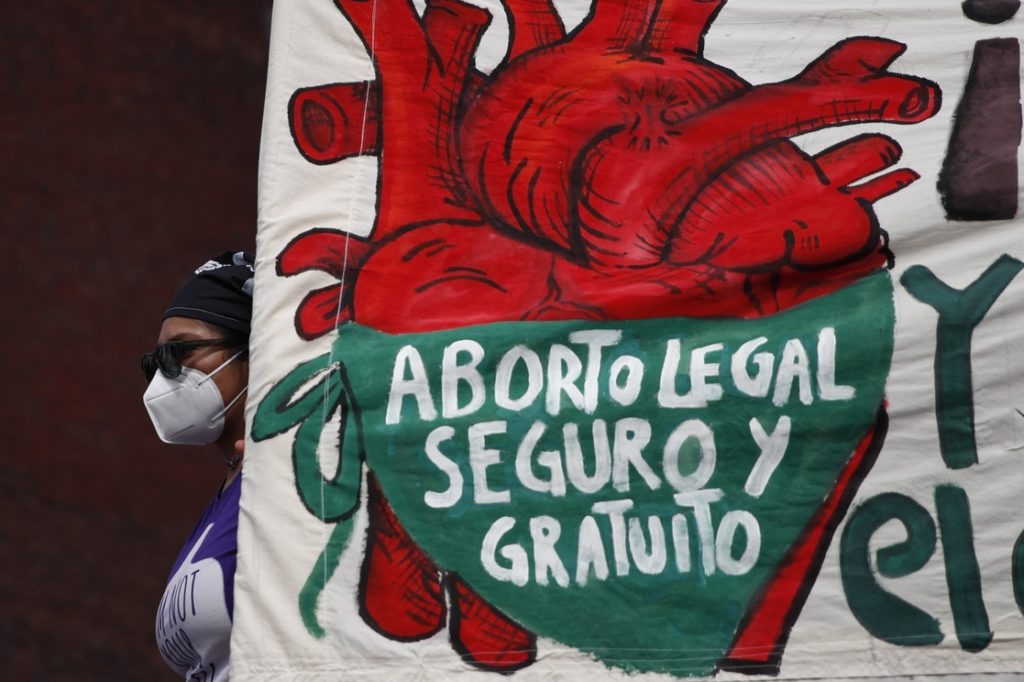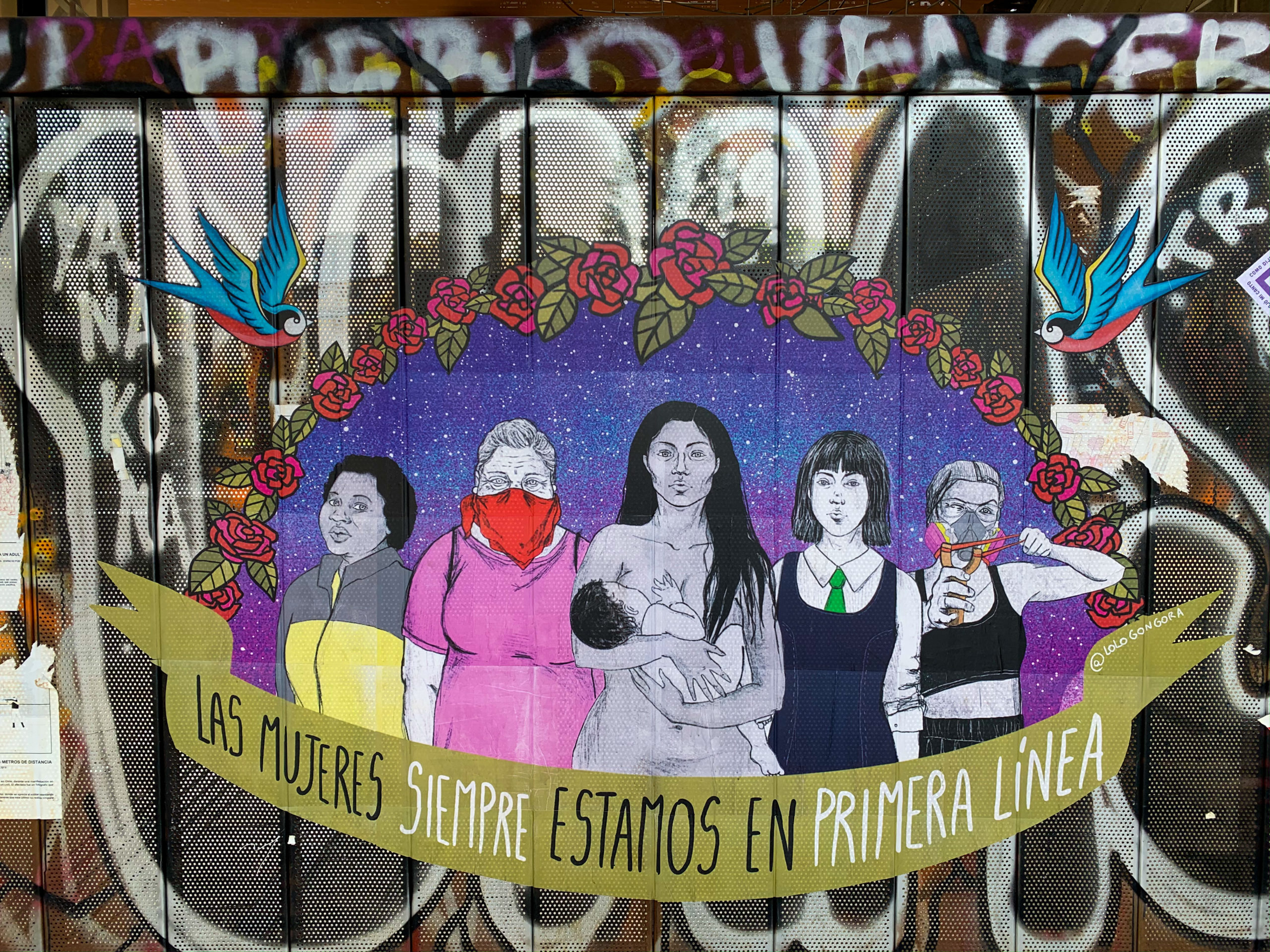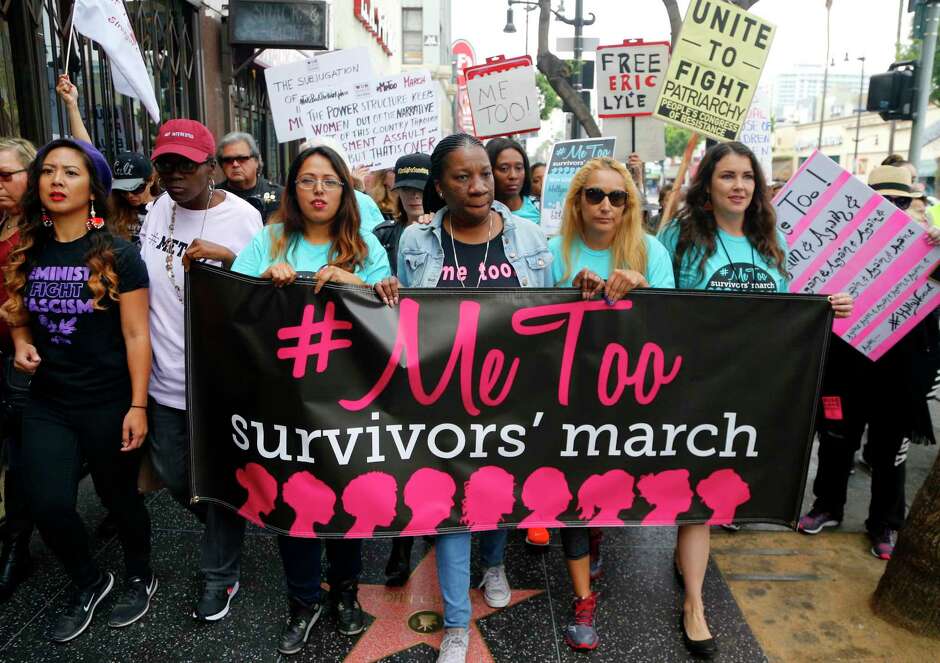
“Today is a historic day for the rights of all Mexican women,” said Supreme Court Chief Justice Arturo Zaldivar. “It is a watershed in the history of the rights of all women, especially the most vulnerable.” On Tuesday, Mexico’s Supreme Court ruled that making abortion a crime was unconstitutional, establishing a precedent for legalizing abortion nationwide in a conservative Catholic country of approximately 120 million people.
The unanimous ruling from the nation’s top court follows a growing women’s movement in Mexico that has taken to the streets of major cities across the country, demanding greater rights and protections for women against femicide and violence against women.
This landmark ruling comes on the heels of a measure that Governor Greg Abbott signed into law to prohibit abortions as early as six weeks in Texas. Senate Bill 8 (S.B. 8) or the “Heartbeat bill” includes cases where the pregnancy resulted from rape or incest. There is an exception for medical emergencies. Additionally, the S.B. 8 opens the door for almost any private citizen to sue abortion providers and others—making this bill the most restrictive abortion law in the U.S.
The passage of S.B. 8 comes after the U.S. Supreme Court agreed to hear a case concerning a Mississippi law that would ban most abortions after 15 weeks. Sequentially, it could lead to new limits on abortion rights. It is the first major abortion case heard before the court’s newly expanded conservative majority.
These two milestones in abortion rights have demonstrated two sharp contradictions in prioritizing women’s rights globally. It is blatantly obvious women’s reproductive rights in the U.S. are and will always be under the threat of attack. In addition to S.B. 8, the Texas Legislature has also enacted a lengthy list of conservative priorities on transgender rights, voting, and teaching about racism in schools—contradictory to the notion of the U.S. as a global leader in creating and promoting human rights.
The future of the Roe v. Wade remains uncertain. One thing is certain, countries around the globe are shifting to a new global standard for women’s rights and protections. But, more importantly, countries like Argentina and Mexico are global leaders in creating and promoting human rights and women’s rights.
(By Tatiana Ruiz)
(Photo Credit: AFP / La Jornada)


